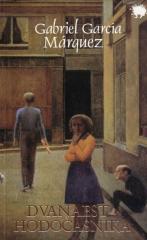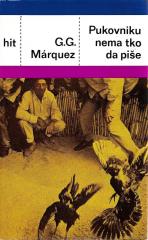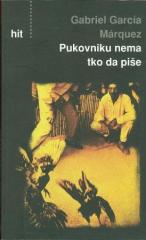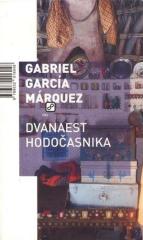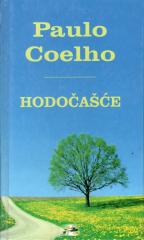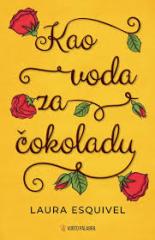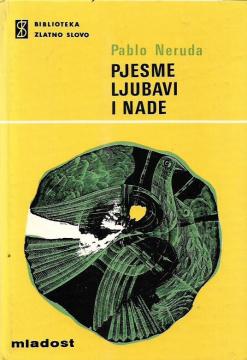
Pjesme ljubavi i nade
"Poems of Love and Hope" is a collection of selected poems by Pablo Neruda, one of the world's greatest poets of the 20th century. The anthology brings together the essence of Neruda's lyrical work, combining intimate love motifs with visions of hope and
The collection begins with classics like those in "Twenty Love Songs and One of Despair" (1924), where love becomes a cosmic force: "Love is so brief, and so endless oblivion." Neruda celebrates the female body as the "primordial principle of life," intertwined with nature—the sea, the nights, the flowers—in erotic yet deeply spiritual descriptions. Poems like "The Body of a Woman" or "In Her Death Flame" evoke a passion that heals loneliness, but also the pain of loss, where love is born and dies in cycles like the seasons.
The second part of the collection brings "hopes"—poems of commitment, inspired by the Spanish Civil War, exile, and the fight against fascism. In the "Canto General" fragments, Neruda sings of America as a continent of pain and hope, denouncing imperialism and celebrating workers, Indians, and the sea as symbols of freedom. The hope here is revolutionary: "We are the land we love," a message of resistance and faith in the future.
Neruda's poetry, for which he won the Nobel Prize in 1971, combines the intimate and the universal, the erotic and the political, making the collection a bridge between the heart and the world. Translated into Croatian, it reminds us that love saves from life, and hope from death – a hymn to eternal humanism. Translated into numerous languages, it has influenced generations, proving that "the poet is a world above worlds".
One copy is available
